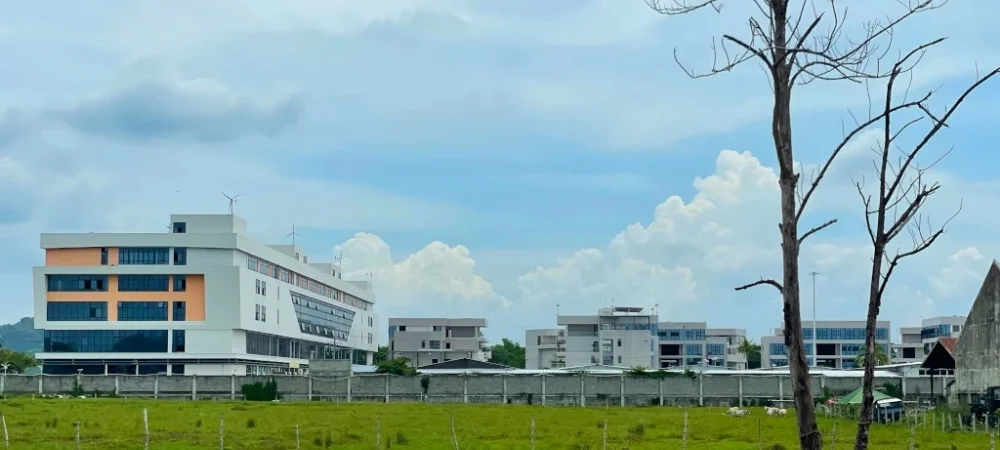The Presidential Anti-Organized Crime Commission (PAOCC) has sounded the alarm over Philippine offshore gaming operators (POGOs) relocating their operations to Visayas and Mindanao. These shifts appear designed to circumvent the nationwide ban ordered by President Ferdinand Marcos Jr.
President Marcos has mandated that all POGO operations must cease by the end of 2024. However, despite this firm directive, reports now suggest that many illegal operations persist. In fact, some operators have already begun to rebrand as business process outsourcing (BPO) firms in an effort to escape detection.
During the Senate panel’s final hearing on POGOs, Senator Risa Hontiveros underscored a troubling tactic. She revealed that operators in Metro Manila have started fragmenting into smaller groups to avoid enforcement. She further questioned whether this approach is spreading to other parts of Luzon, and more importantly, to the Visayas and Mindanao regions.
In response, PAOCC Director Winnie Quidato confirmed that the issue has become widespread. According to him, several operators have already established new hubs in the Visayas and Mindanao. He added that investigators have tracked a noticeable increase in flights from Luzon to Visayas. These flights often carry former POGO employees who are helping establish operations elsewhere.
Moreover, Quidato stated that these groups have begun rebranding with the Securities and Exchange Commission. Their aim is to appear as legitimate BPO firms, despite continuing illegal online gambling activity. As a result, identifying and shutting them down has become more difficult.
To address this escalating challenge, Quidato stressed the urgent need for a unified inter-agency response. He said the PAOCC has already initiated talks with other agencies. These discussions aim to ensure full enforcement of Executive Order 74 and prevent further POGO evasion through relocation or disguise.
Illegal Gaming Operations Now Expanding Nationwide
This relocation trend, while troubling, did not come as a surprise. In fact, experts had anticipated that the crackdown on POGOs would push illegal operations into other parts of the country—or even abroad.
Research by the International Federation of Horseracing Authorities (IFHA), cited by Asia Gaming Brief (AGB), provides critical insight into the unintended consequences of the Philippine crackdown. The study found that shutting down local POGOs did not eliminate the problem. Instead, it exported the illegal betting model to other regions, thereby expanding its reach.
James Porteous, who heads research for the IFHA Council on Anti-Illegal Betting and Related Crime, explained how organized crime groups have capitalized on the shift. These syndicates often pose as legitimate businesses, allowing them to embed themselves more easily in new jurisdictions. Consequently, they continue to evade regulators and law enforcement.
Furthermore, Porteous warned that this relocation strategy mirrors past behavior. For example, after disruptions in 2016, illegal betting hubs rapidly emerged in countries like Laos, Cambodia, and Myanmar. These nations now serve as bases not only for gambling operations but also for cybercrime and human trafficking rings.
Therefore, the current trend indicates a growing threat. It underscores the critical importance of cross-border coordination and stronger regulations. Without these, authorities may find themselves continually chasing operations that simply move elsewhere when threatened.
Ultimately, while the Philippine government has taken decisive action against POGOs, criminal groups have adapted just as quickly. The situation now calls for a deeper and more strategic response. Lawmakers, regulators, and global partners must work together to dismantle these networks and prevent further exploitation.












